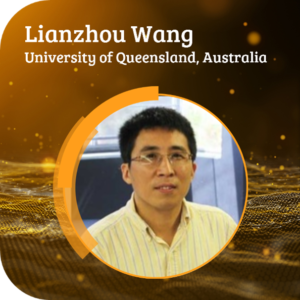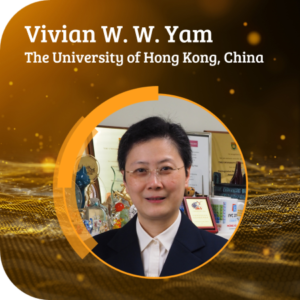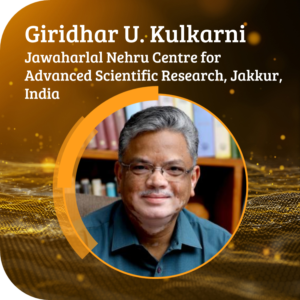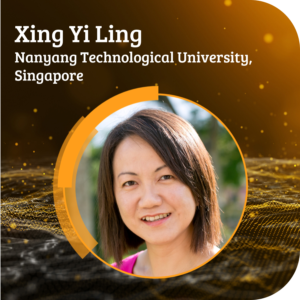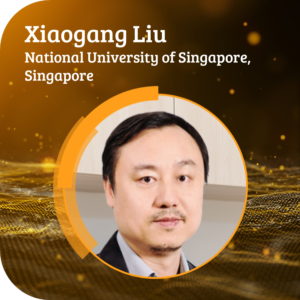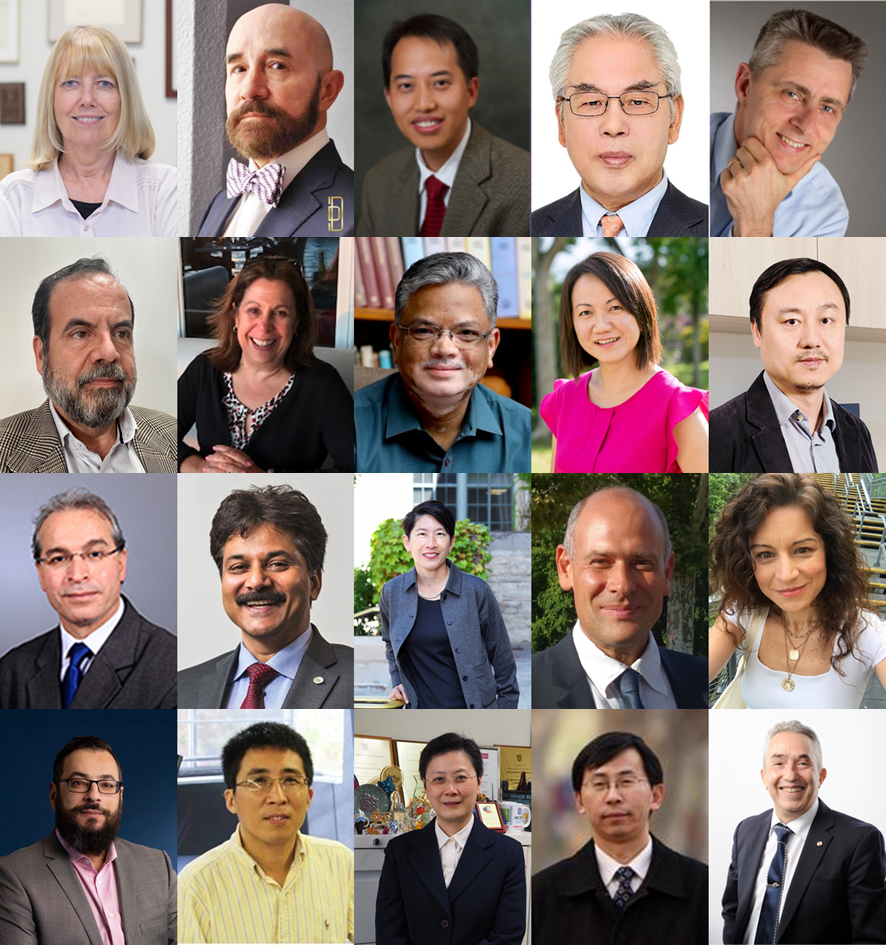Meet our Advisory Board members who work in environmental remediation
In February, we introduced our inaugural Advisory Board for RSC Applied Interfaces. Each month, we will be shining a spotlight on some of our new Advisory Board members and highlighting their current research interests.
This week we are delighted to introduce Vicki H. Grassian, Paolo Fornasiero and Carlos F. O. Graeff as members of our inaugural Advisory Board.

Vicki H. Grassian is a Distinguished Professor and holds the Distinguished Chair in Physical Chemistry at the University of California San Diego. Professor Grassian’s research focuses on the chemistry of environmental interfaces. She has received many awards and honors for her research on the chemistry and impacts of environmental interfaces including atmospheric aerosols, engineered and geochemical nanomaterials and indoor surfaces. Most recently, she received the 2021 American Chemical Society Award in Surface Chemistry, the American Chemical Society Geochemistry Medal and the Sustainable Nanotechnology Award. She is also an elected member of the American Academy of Arts and Sciences.
“I am excited to be part of the launch of this new journal RSC Applied Interfaces as an advisory board member” – Vicki H. Grassian

Paolo Fornasiero is Full Professor of Inorganic Chemistry at the University of Trieste. His scientific interests are in the field of inorganic chemistry, with attention to the design and development of multi-functional nano-systems and their advanced applications in energy related processes and environmental heterogeneous catalysis. Paolo Fornasiero has published more than 300 research articles, 19 book chapters, and holds 4 patents. Since 2022, he has been a member of the Academia Europaea and has been a member of the European Academy of Sciences since 2021. He has received various awards including the 2005 Nasini Medal, the 2013 Chiusoli Medal and the Malatesta award from the Italian Chemical Society. He also received the 2016 Heinz Heinemann Award from the International Association of Catalysis Societies.

Carlos F. O. Graeff received his Ph.D. in Physics from the State University of Campinas (UNICAMP) in 1994. After a post‐doctorate at TU München as an Alexander von Humboldt Foundation stipendiary, he joined the University of São Paulo (USP), Campus Ribeirao Preto, as Assistant (1996-1999) and Associate Professor (1999‐2006). In 2006 he joined the State University of São Paulo (UNESP) as Full Professor. His field of interest is materials science, more specifically electronic devices (solar cells, thin-film transistors, etc.), biomaterials/bioelectronics and electronic magnetic resonance. He has a strong interest in nurturing scientific talent and has supervised more than 50 Masters and Ph.D. students as well as postdocs. He has published more than 200 research articles and holds several patents.
Please join us in welcoming our new Advisory Board members to the journal community!









